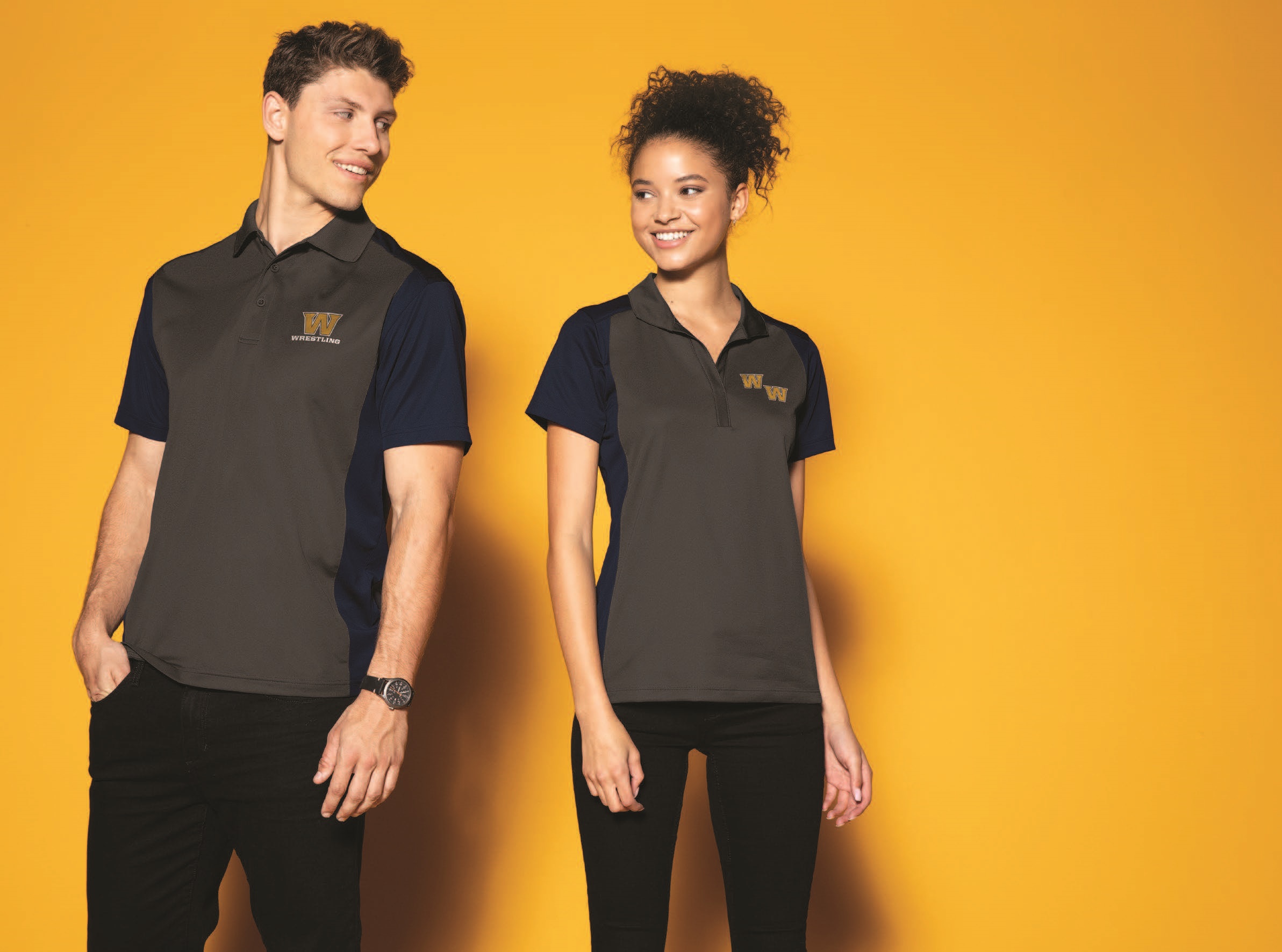
Ray Tensing has just 23 days left to ponder how jurors might perceive him upon their convergence in Ohio’s Hamilton County Courthouse, but the disgraced former University of Cincinnati police officer also must consider the scars from 156 years of history when wondering what his fate might be. With its client facing second-degree murder and voluntary manslaughter charges for the July 2015 shooting death of unarmed African-American motorist Samuel DuBose, the defense team is hoping the retrial’s body of potential evidence will not include a souvenir T-shirt bearing the Confederate battle flag.
The ex-law enforcer donned the apparel item under his standard uniform, joining his then-peers in wearing a supplemental summer shirt. The initial attempt to prove culpability led to a hung jury, and with the second undertaking to occur beginning May 25, his lawyers, through a one-page motion filed yesterday, want the deciders not to view the garment, deeming that it “contains nothing of evidentiary value, is irrelevant and highly inflammatory.”
The symbol, here part of a Great Smoky Mountains National Park T-shirt, served as a signifier of the 11 states that broke off from the Union and comprised the Southern contingents in the 1861-1865 American Civil War. As the breakaway territories supported slavery, subsequent depictions and uses of the battle flag have met with many reprimands, making the attorneys even more adamant about keeping admission of Tensing’s wardrobe choice from “rendering them unable to perform their duties as an impartial fact-finder.”
News of the questionable fashion selection broke during November testimony, with Andrea DuBose, the mother of the deceased, tabbing Tensing “a wicked, evil man.” The defense has stated that the accused figure feared for his life during an off-campus traffic stop involving DuBose, with Tensing saying he went for his weapon when he felt the driver had begun to drag him in starting his engine. Grant Fredericks, a forensic video analyst whose credibility will come into question through a hearing set for tomorrow, countered that body camera footage showed the defendant placed his firearm against the victim’s head after the ignition of the car but before any movement had occurred.
Though the prevailing attitude considers the battle flag a visual reminder of suffering and death, many individuals hold that it conveys Southern pride. Its mixed perception is definitely motivating the move to have it dropped as a trial element, with the hires stating that inclusion of the souvenir would strip Tensing of a chance at “a fair trial” with “an impartial jury.”
With more than three weeks to go before the parties look to resolve the nearly two-year-old matter, one wonders if presiding judge Leslie Ghiz will let jurors observe the T-shirt as part of the proceedings. Given the frequent analysis that has gone to addressing the use of force in matters involving white officers and black people, her decision could prove a crucial component to determining the verdict.
The promo industry has dealt with controversy surrounding the Confederate flag before. In 2015, Quinn Flags announced it would stop producing the flags after Dylann Roof shot and killed nine black churchgoers in Charleston, S.C.



